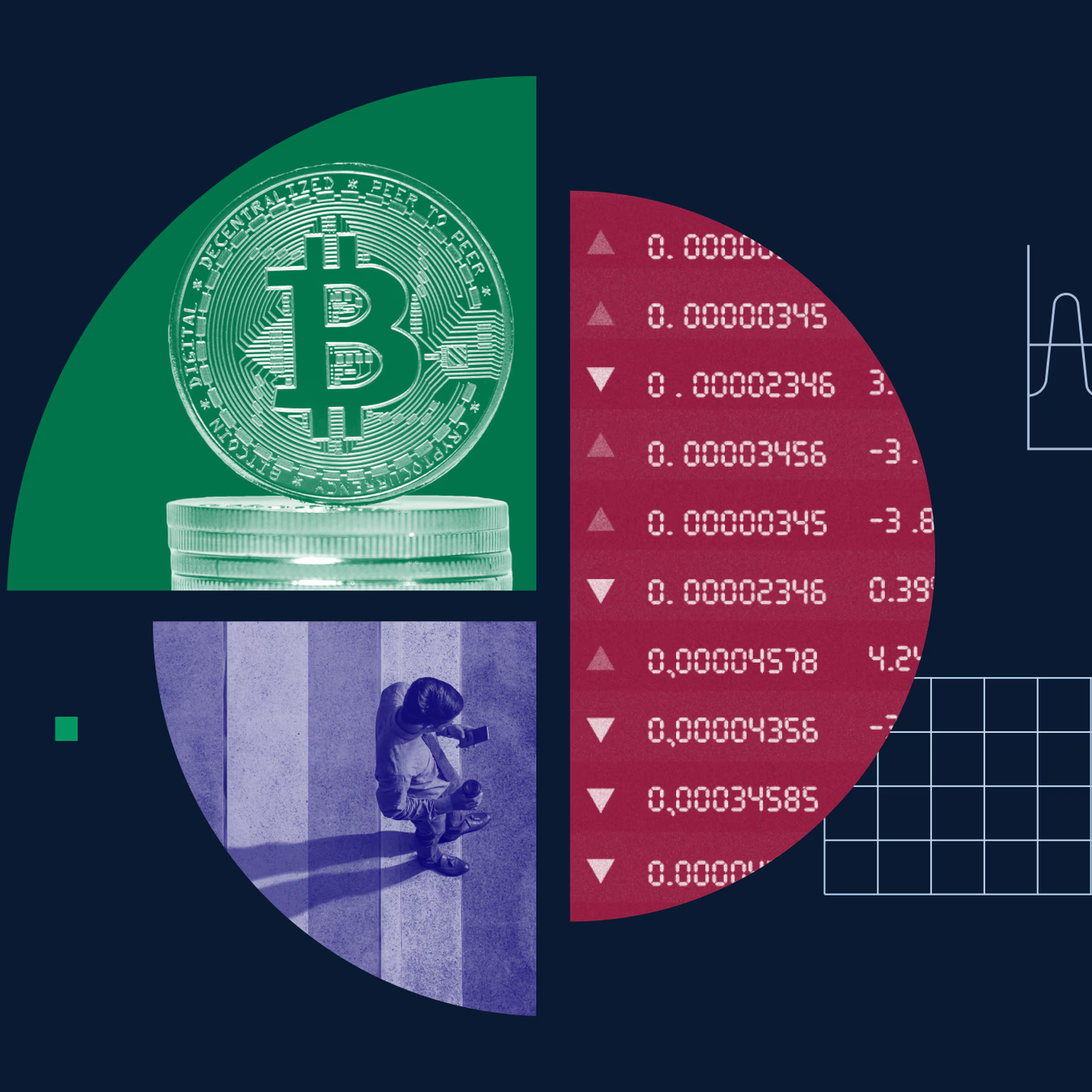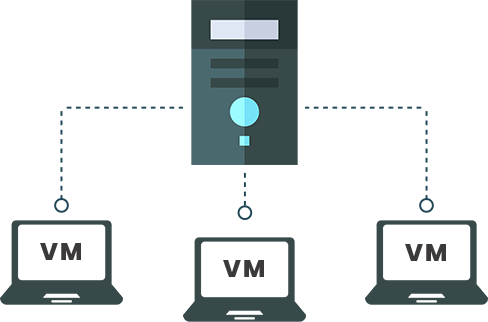Desktop Virtualization Market on the Rise: Expected Demand of US$ 28.3 billion by 2031
The global 𝐃𝐞𝐬𝐤𝐭𝐨𝐩 𝐕𝐢𝐫𝐭𝐮𝐚𝐥𝐢𝐳𝐚𝐭𝐢𝐨𝐧 𝐌𝐚𝐫𝐤𝐞𝐭 size
was valued at $11.5 billion in 2021, and is projected to reach $28.3 billion by
2031, growing at a CAGR of 9.5% from 2022 to 2031. The increase in need to
improve employee efficiency and enhanced data security offered by desktop
virtualization drive the growth of the global desktop virtualization market.
However, performance and compatibility issues and expensive deployment and
sign-up costs of desktop virtualization platforms are hampering the market
growth. On the contrary, an increased market for workspace as a service is
expected to offer remunerative opportunities for expansion of the desktop
virtualization industry during the forecast period.
The rise in need to increase employee
efficiency and enhanced data security offered by desktop virtualization fosters
the growth of the global desktop virtualization market. In addition, cost
saving associated with desktop virtualization solutions positively impacts the
growth of the desktop virtualization industry. However, performance and
compatibility issues and expensive deployment and sign-up costs of desktop
virtualization platforms hamper the market growth. On the contrary, an
increased market for workspace as a service is expected to offer remunerative
opportunities for expansion of the desktop virtualization industry during the
forecast period.
Desktop virtualization is defined as a
distribution of software systems at different levels to increase efficiency and
productivity and also helps in analyzing the big data so that problems can be
solved quickly. Their main function is to identify, evaluate and calculate the
performance of an application and remove the factor that is causing problems.
This software is widely used in industries like telecommunications, media and
entertainment, government, and healthcare.
Based on type, the virtual desktop infrastructure
(VDI) segment held the highest market share in 2021, accounting for nearly
two-thirds of the global desktop virtualization market, and is estimated to
maintain its leadership status throughout the forecast period, owing to VDI
solutions being cheapto deploy and manage. However, the desktop-as-a-service
(DaaS) segment is projected to manifest the highest CAGR of 11.6% from 2022 to
2031, owing to surge in complexity of modern IT and networks.
Region wise, the desktop virtualization
market size was dominated by North America in
2021 and is expected to retain its position during the forecast period, owing
to its expanding investments in new technologies such as cloud and digital
technologies are anticipated to bring prominent growth in the market. However,
Asia-Pacific is expected to witness significant growth during the forecast
period, owing to the increase in demand from the European countries and due to
its increasing technology investments, which are expected to drive the desktop
virtualization market trends in the Asia-Pacific region.
Based on enterprise size, the large enterprise
segment accounted for the largest share in 2021, contributing to nearly
three-fourths of the global desktop virtualization market, and is projected to
maintain its lead position during the forecast period. This is owing to large
scale IT applications of large enterprises. However, the SMBs segment is
expected to portray the largest CAGR of 10.7% from 2022 to 2031, owing to
increase in technological investments by SMEs.
The report focuses on growth prospects,
restraints, and trends of the global desktop virtualization
market analysis. The study provides Porter’s five
forces analysis to understand impact of various factors, such as bargaining
power of suppliers, competitive intensity of competitors, threat of new
entrants, threat of substitutes, and bargaining power of buyers, on the global
desktop virtualization market forecast.
In terms of enterprise size, large enterprise
segment holds the largest share of the desktop virtualization market, owing to
the rapid adoption of desktop virtualization solutions since the outbreak of
the COVID-19 pandemic. However, the SMBs segment is expected to grow at the
highest rate during the forecast period, owing to the adoption of virtualized
solutions for better management and enhanced security by small and medium-sized
enterprises, which is anticipated to drive the desktop virtualization market
growth.
Based on enterprise size, the IT & telecom
segment accounted for the largest share in 2021, contributing to more than
one-fourth of the global desktop virtualization market, and is projected to
maintain its lead position during the forecast period. This is owing to complex
IT requirements of the sector. However, the healthcare segment is expected to
portray the largest CAGR of 11.7% from 2022 to 2031, owing to the higher
security requirements of the sector.
Based on region, North America held the highest
market share in terms of revenue in 2021, accounting for more than one-third of
the global desktop virtualization industry, owing to the high concentration of
specialized VDI vendors in the region. However, the Asia-Pacific region is
expected to witness the fastest CAGR of 11.1% from 2022 to 2031. This is owing
to the ongoing digital transformation of the region.
































Leave A Comment